Every living thing on Earth is dependent on a healthy, functioning biosphere. This is the global ecological system that integrates all life with the natural systems which enable it to thrive – such as the climate, air currents and water cycles. The whole history of human civilisation has been played out within a stable biosphere, allowing us to flourish and grow – but this stability is set to come crashing to an end.
The planet’s living systems are under severe stress from the destruction of biodiversity, rampant mismanagement of freshwater resources and climate breakdown. These three, deeply intertwined systems are in crisis, and as they fall apart, we risk crossing irreversible tipping points of no return –thereby entering a radically unstable biosphere unlike anything seen in the past hundred thousand years.
All scenarios for keeping below a 1.5°C temperature rise depend on halting forest loss in this decade.
There is no shortage of well-intentioned initiatives – such as REDD+ and the Tropical Forest Alliance – aiming to tackle deforestation. These have made significant progress in some areas, and provide a model for further development, but overall, forest loss is still continuing, and in some cases, accelerating. Why? Because the systemic drivers of deforestation are still in action: a combination of poor governance, the sidelining of indigenous people and the sheer profitability of forest destruction within the current economic model.
There are many commercial players and financial institutions that remain heavily exposed to deforestation or in fact financing it. Imagine if instead they took a lead in the reallocation of capital away from an extractive model towards a restorative one – supporting regenerative economic activities, whether in food and farming, carbon sequestration or sustainable resource use? What if more investors were to employ risk management systems along the same lines? Then we might reach a different kind of tipping point, with a cascade of positive consequences from restored ecosystems to resilient livelihoods.
Planetary health is not separate to human wellbeing. The two are intricately intertwined. The stories and narratives we create, share and live by, must recognise this. In order to achieve the just, resilient and truly sustainable world we want we advocate a regenerative approach – enhancing the underlying capacity of all individuals, communities and ecosystems, to be healthy, to keep evolving, and fulfilling their potential.
We have to act now – within this decade – to reverse this destruction and embark on a massive drive of ecosystem restoration. That means actively engaging with those drivers of destruction, radically changing their direction before it is too late. We all have a part to play, and there is no time to waste.
Questions to hold:
- How can we seize the opportunity to protect the planetary systems on which we all depend on?
- How do we stop living as if we are separate from nature?
- How do we ensure intertwined human and planetary health?
Actions to take:
- Advocate for the transform narrative with ambition and urgency commensurate to the challenge and opportunity
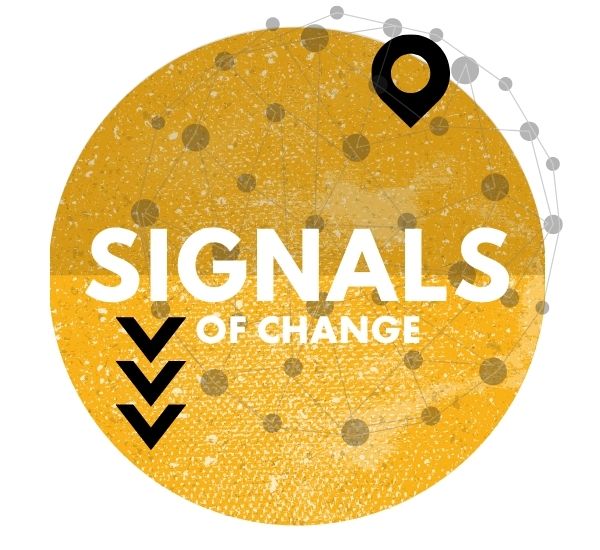
See what we’re seeing in RELATED SIGNALS below.

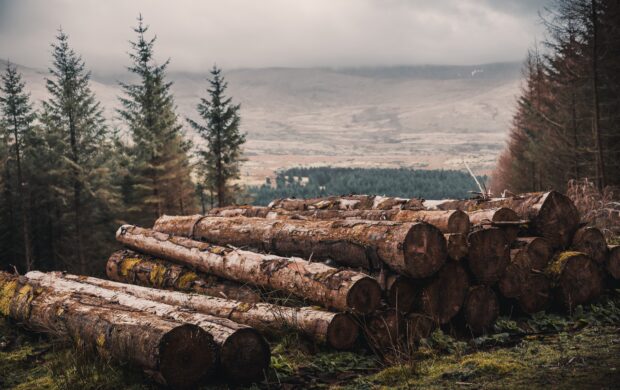




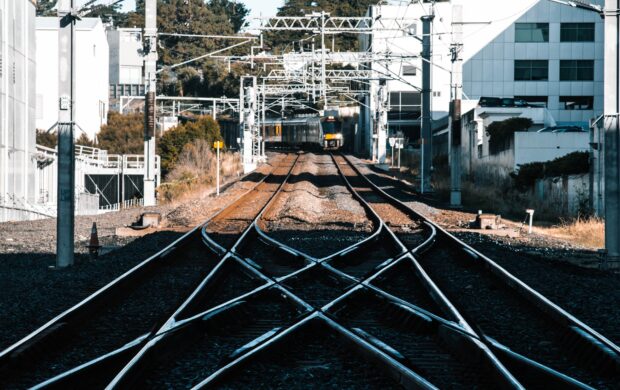

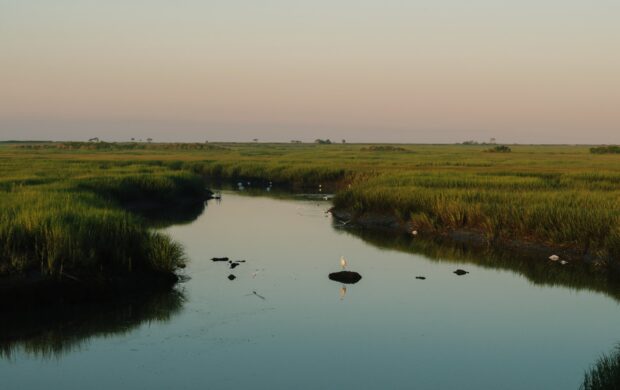

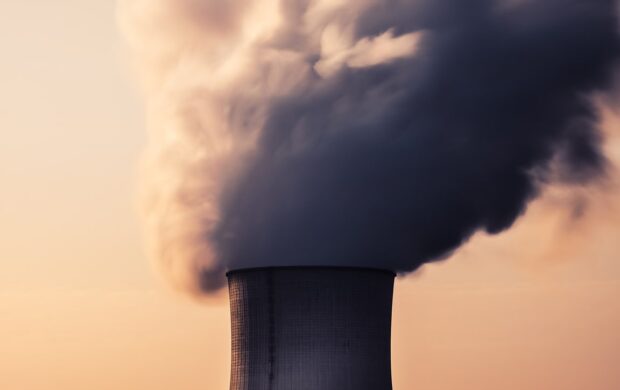

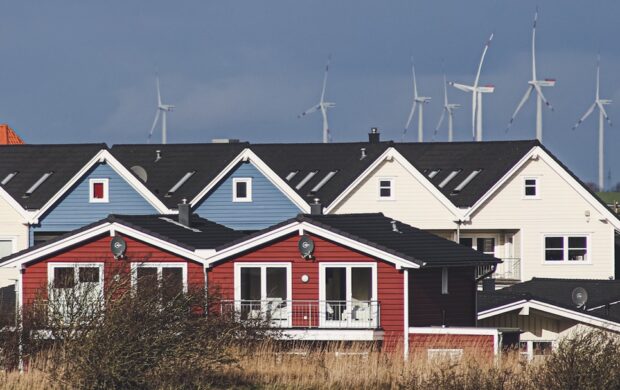
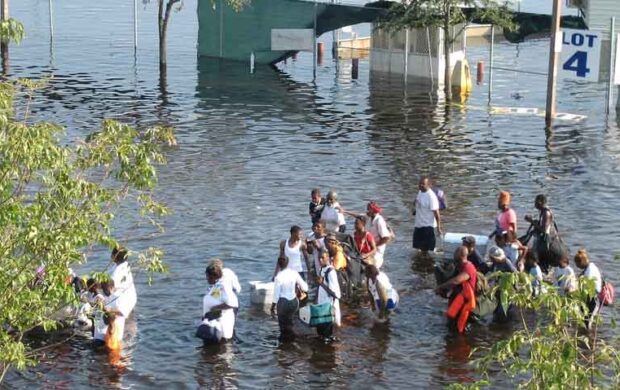



Join discussion